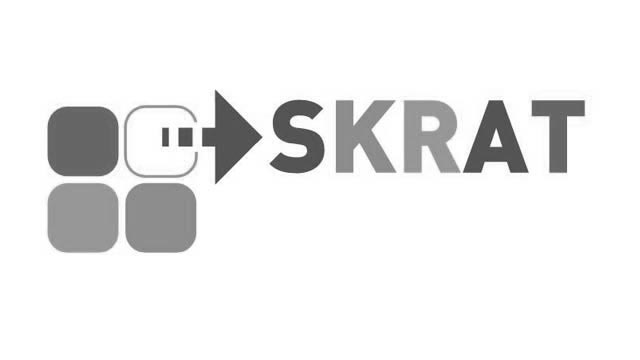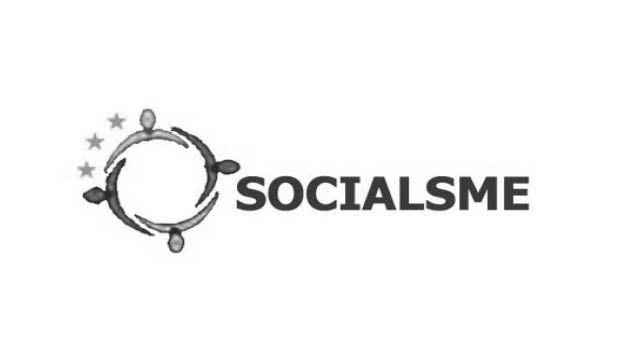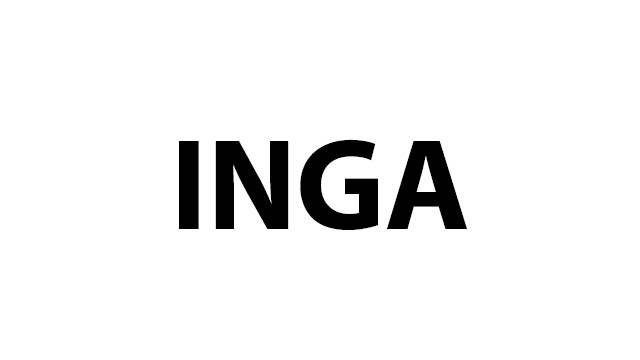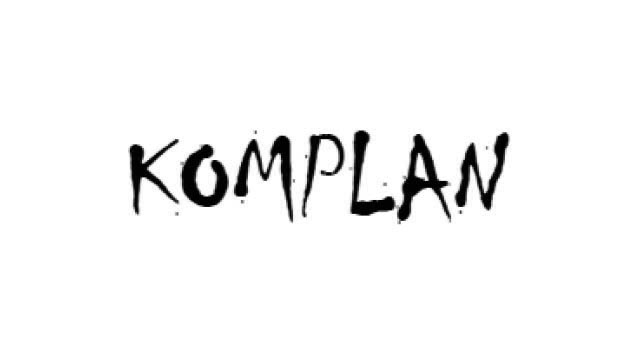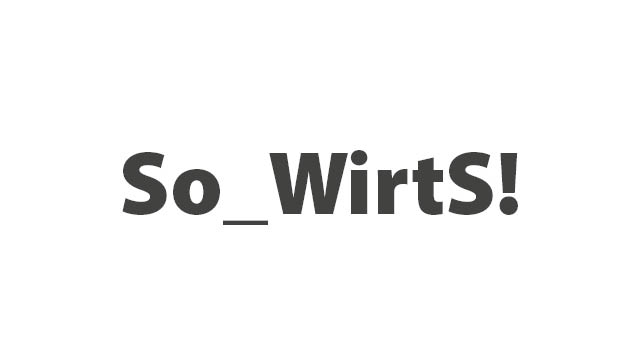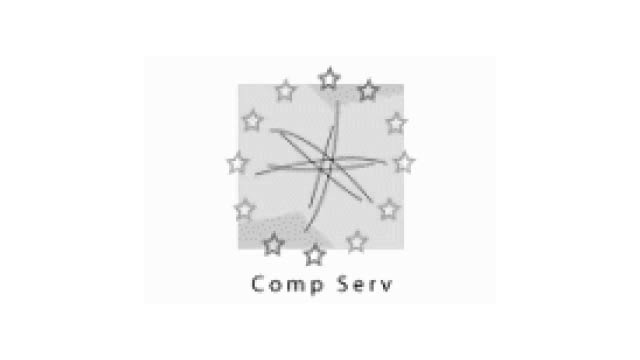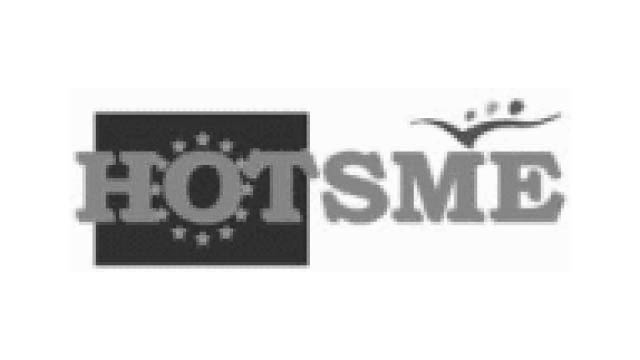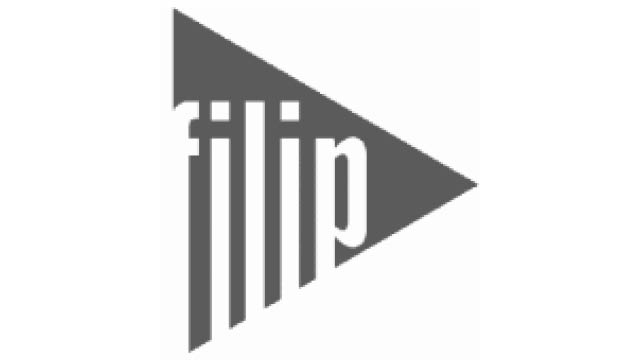Projects
We develop, accompany and evaluate innovative projects. Since 1990, in addition to programme support, accompanying scientific research, quality-assuring process support within the project team and external evaluation studies , we have formulated more than 60 project ideas that are eligible for funding and supported them with action research. Our areas of focus are in the fields of:
Employees are the decisive experts in their work processes. However, knowledge is often lost during generational changes in companies. The project has developed a process model that enables companies to document the tacit knowledge of retiring employees at an early stage and ensure that it is passed on to the next generation.
Reference System for Faciliators of Learning (ReSyFac)
01/2008 – 12/2009
Learning in the work process has received increasing attention. The project described at a very early stage the competences and the job profile of facilitators of work-integrated learning.
Promoting the personal and professional development of all employees is an essential part of corporate social responsibility. The project has developed a compact concept of 6 counselling workshops of 3 hours each, which enables companies to develop a needs-based learning system for their employees.
The study describes the effects of the ageing population and the associated decline in skills and analyses innovative approaches to counteract demographic change in Germany.
Innovative Greizer Training Initiative (INGA)
01/2007 – 12/2008
The INGA project establishes new support structures in the Greiz region and promotes cooperation between relevant stakeholders with the aim of tapping the region's training potential and integrating new occupations according to company and regional needs.
Competence development planning through strategic training (KOMPLAN)
12/2004 – 11/2008
We have supported SMEs in strategically planning on-the-job training. In this way, the SMEs' need for skilled workers could be met and additional training places were created. Very small companies in particular were able to attract trainees.
European Faciliators Network (EUFACINET)
10/2006 – 09/2008
The project organised the exchange of experiences of workplace learning practitioners in Europe and documented the results in an advisory guide.
EQUAL Development Partnership "Fair plus" (FAIR plus)
08/2005 – 03/2008
In the FAIR plus development partnership, a network of various organisations and companies in the city and region of Nuremberg was formed to develop and test methods and concepts for overcoming discrimination and inequalities in the labour market. FAIR plus thus contributes to the design of work that promotes integration.
EQUAL Development Partnership "KIT Competences in Tourism" (KIT)
08/2005 – 03/2008
We had the idea to compile the developed learning contents for tourism competences in an educational suitcase. The educational case contains scripts, books, CD-ROMs and also educational vouchers, which development partnerships primarily address for people interested in tourism who are unemployed and further qualify low-skilled employees in the tourism industry in order to secure their jobs in the long term.
So_WirtS! stands for a new form of cooperation between the business and social systems. The development partnership So_WirtS! developed approaches for dealing with labour market problems in which companies and social institutions from Worms identified acute problems in dialogue, developed ideas for solving them and tested them in practice within projects.
Learning in activities outside of company work processes is particularly interesting in times of global change processes. There are fields of action and also learning fields for maintaining and developing individual vocational competences with significant potentials not only for social integration but also for individual, economic and social innovations.
Independent learning in the work process is becoming increasingly important. The project has developed training materials for facilitators of work-integrated and workplace-based learning in SMEs in the service sector.
In particular, smaller businesses in the hotel and restaurant sector usually have neither the time nor the resources to send their staff to external training. The project has developed a concept and materials that give training providers in this sector ideas on how to support the development of effective learning systems in hotels and restaurants.
We developed a system of educational guidance for SMEs. A market-leading training service provider was thus able to better support its customers in identifying learning needs, planning training and further education and evaluating the results. In two inter-company networks, the participating companies have continuously exchanged their experiences.
We have supported three networks of regional actors in developing the regional learning culture in the sense of a "learning region". In this way, the regional need for further education could be identified. The actors improved their cooperation in the development of the regional skilled labour base.

